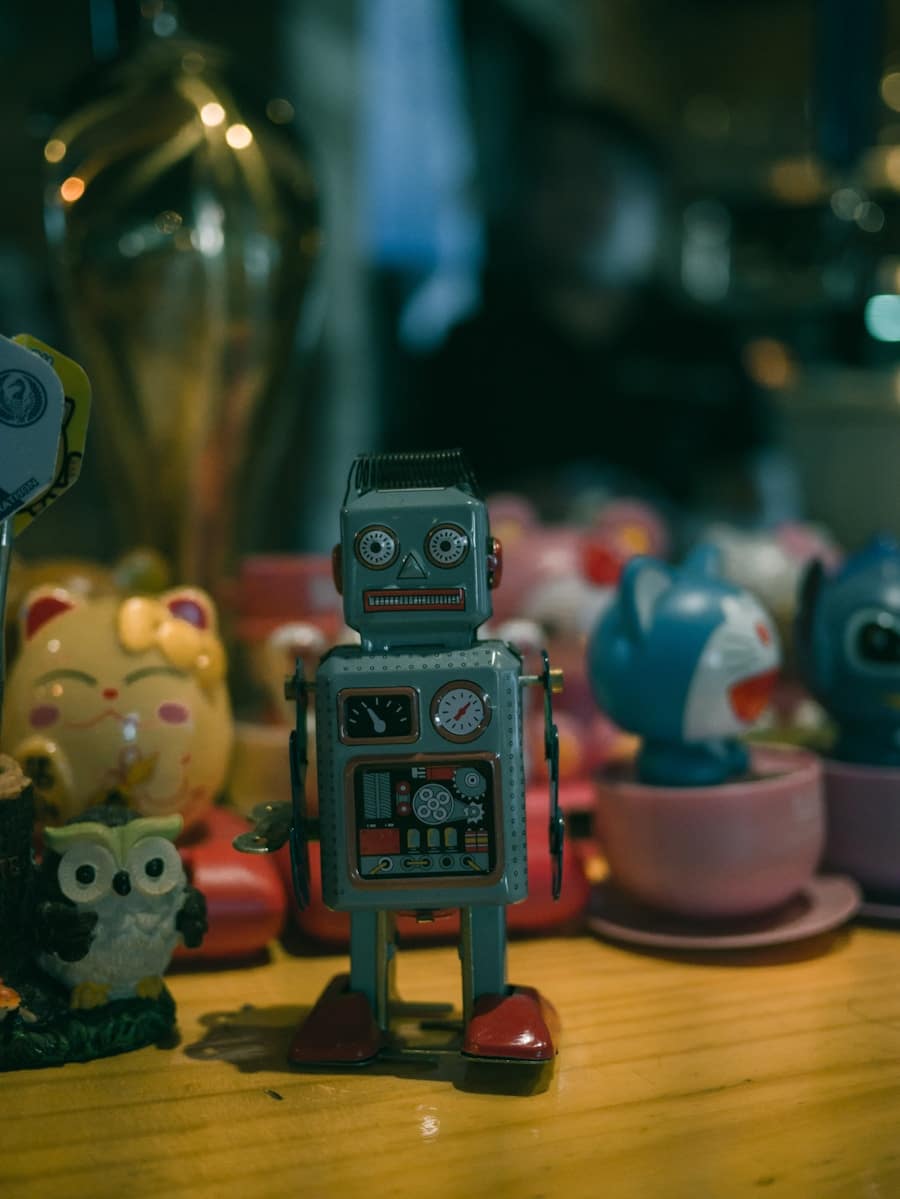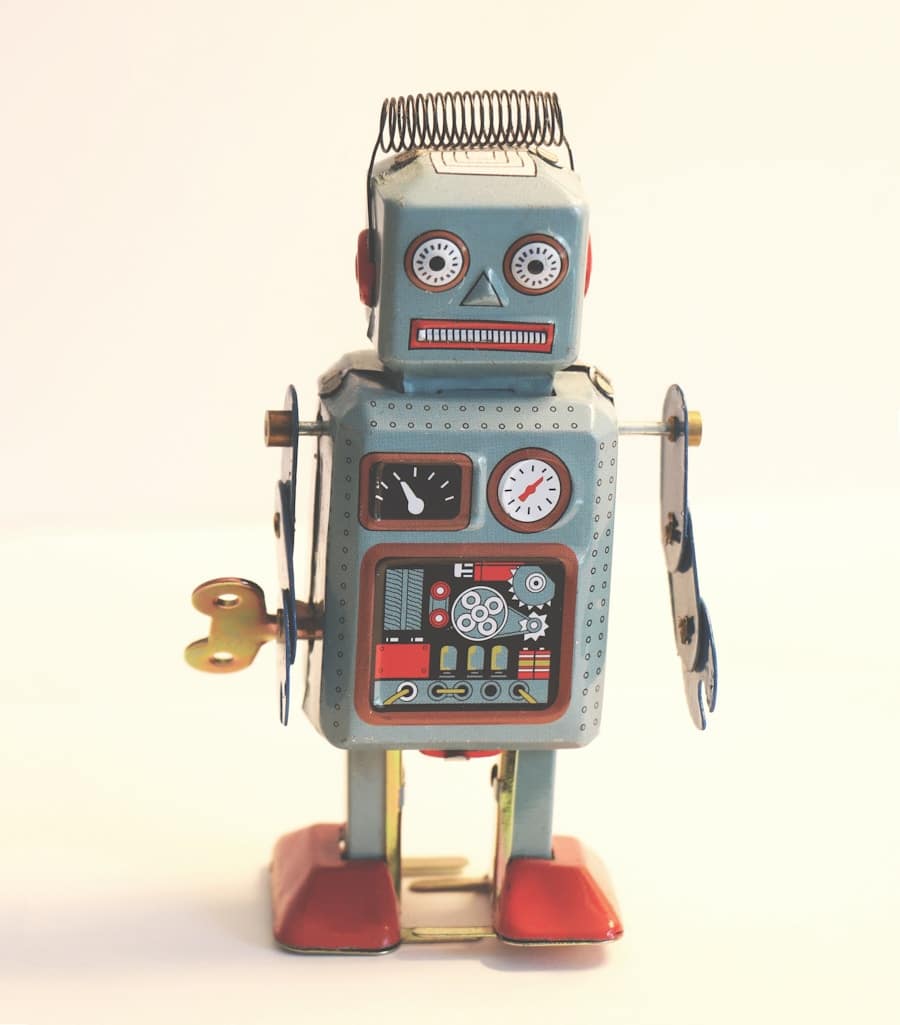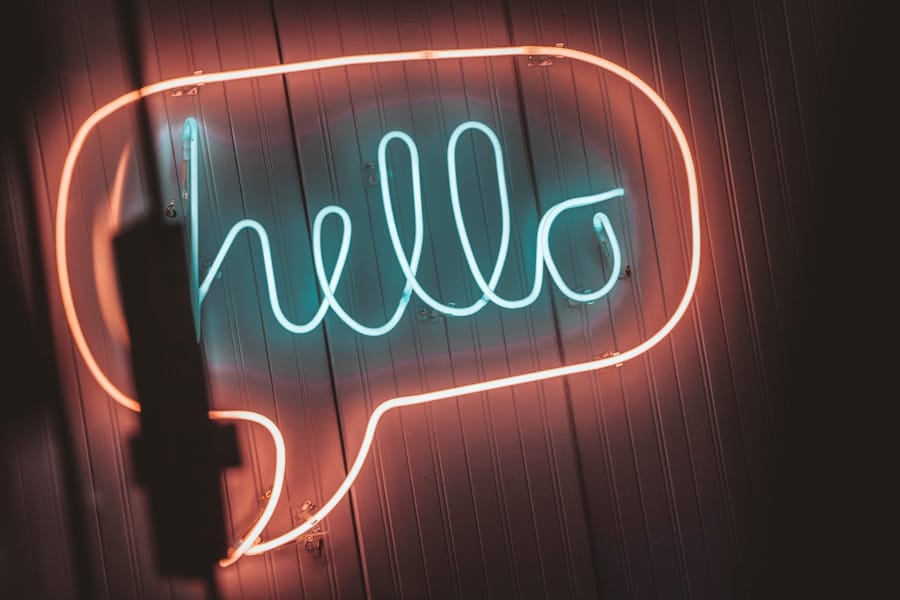The advent of artificial intelligence has revolutionized numerous sectors, and human resources (HR) is no exception. AI-powered HR chatbots have emerged as a transformative tool, reshaping how organizations interact with their employees and manage HR functions. These intelligent systems leverage natural language processing and machine learning algorithms to provide real-time assistance, streamline processes, and enhance the overall employee experience.
By automating routine inquiries and tasks, HR chatbots free up valuable time for HR professionals, allowing them to focus on strategic initiatives that drive organizational growth. The integration of chatbots into HR practices is not merely a trend; it represents a fundamental shift in how companies approach employee engagement and support. With the ability to operate 24/7, these chatbots can address employee queries at any time, providing instant responses that enhance accessibility and convenience.
This capability is particularly beneficial in today’s fast-paced work environment, where employees expect quick solutions to their concerns. As organizations continue to embrace digital transformation, the role of AI-powered chatbots in HR is poised to expand, offering innovative solutions that cater to the evolving needs of the workforce.
Key Takeaways
- AI-powered HR chatbots are revolutionizing the way HR departments interact with employees, providing personalized support and streamlining processes.
- Employee onboarding and training can be significantly improved through the use of AI-powered chatbots, providing a seamless and efficient experience for new hires.
- AI chatbots can enhance employee engagement and satisfaction by providing instant support, answering questions, and offering personalized assistance.
- HR processes and efficiency can be enhanced through the use of AI chatbots, automating repetitive tasks and freeing up HR professionals to focus on strategic initiatives.
- AI chatbots can personalize employee support and assistance, providing tailored guidance and resources to meet individual employee needs.
Streamlining Employee Onboarding and Training
One of the most significant applications of AI-powered HR chatbots is in the realm of employee onboarding and training. The onboarding process is critical for new hires, as it sets the tone for their experience within the organization. Traditionally, onboarding can be a cumbersome process involving numerous forms, training sessions, and introductions to company culture.
However, chatbots can simplify this experience by guiding new employees through each step of the onboarding journey. For instance, a chatbot can provide personalized checklists that outline necessary tasks, such as completing paperwork, setting up benefits, and scheduling meetings with key team members. Moreover, chatbots can facilitate training by delivering tailored learning materials and resources based on an employee’s role and experience level.
For example, if a new hire is joining a sales team, the chatbot can recommend specific training modules related to sales techniques or product knowledge. This personalized approach not only accelerates the learning curve but also ensures that employees feel supported from day one. By automating these processes, organizations can enhance the efficiency of their onboarding programs while simultaneously improving the overall experience for new employees.
Improving Employee Engagement and Satisfaction

Employee engagement is a critical factor in organizational success, directly influencing productivity, retention rates, and overall workplace morale. AI-powered HR chatbots play a pivotal role in fostering engagement by providing employees with a platform to voice their concerns and seek assistance. These chatbots can conduct regular check-ins with employees, asking about their job satisfaction, workload, and any challenges they may be facing.
By proactively gathering this feedback, organizations can identify potential issues before they escalate and take appropriate action to address them. Additionally, chatbots can facilitate recognition and reward programs by reminding managers to acknowledge employee achievements or milestones. For instance, if an employee reaches a significant sales target or completes a challenging project, the chatbot can prompt their manager to send a congratulatory message or offer a small reward.
This kind of recognition fosters a positive work environment and reinforces a culture of appreciation. By integrating these engagement strategies into daily operations, organizations can create a more satisfied workforce that feels valued and motivated.
Enhancing HR Processes and Efficiency
The efficiency of HR processes is paramount for organizations striving to maintain competitiveness in today’s dynamic business landscape. AI-powered chatbots significantly enhance these processes by automating repetitive tasks that would otherwise consume valuable time and resources.
This automation not only reduces the workload on HR staff but also minimizes response times for employees seeking information. Furthermore, chatbots can assist in scheduling interviews or meetings by accessing calendars and finding suitable time slots for all parties involved. This capability streamlines the recruitment process and ensures that candidates receive timely communication regarding their application status.
By optimizing these administrative functions, organizations can allocate more resources toward strategic initiatives such as talent development and workforce planning. The result is a more agile HR department that can respond swiftly to changing business needs while maintaining high levels of service quality.
Personalizing Employee Support and Assistance
Personalization is a key trend in modern HR practices, as employees increasingly expect tailored support that meets their individual needs. AI-powered chatbots excel in this area by utilizing data analytics to provide customized assistance based on an employee’s profile and history within the organization. For instance, if an employee frequently inquires about remote work policies or flexible hours, the chatbot can proactively offer relevant information or updates regarding those topics.
Moreover, chatbots can serve as virtual career coaches by suggesting development opportunities aligned with an employee’s career aspirations. By analyzing performance data and feedback from previous projects, the chatbot can recommend specific training programs or mentorship opportunities that would benefit the employee’s growth trajectory. This level of personalized support not only enhances employee satisfaction but also contributes to higher retention rates as individuals feel more invested in their professional development within the organization.
Ensuring Compliance and Data Security

In an era where data privacy and compliance are paramount concerns for organizations, AI-powered HR chatbots can play a crucial role in ensuring adherence to regulations while safeguarding sensitive information. These chatbots are designed to handle personal data securely, employing encryption protocols and access controls to protect employee information from unauthorized access. By automating compliance-related inquiries—such as those concerning workplace policies or legal requirements—chatbots help ensure that employees receive accurate information while minimizing the risk of non-compliance.
Additionally, chatbots can assist HR departments in maintaining records related to compliance training or certifications. For example, if an organization requires employees to complete specific training modules on workplace safety or anti-harassment policies, the chatbot can track completion rates and send reminders to those who have not yet fulfilled their obligations. This proactive approach not only helps organizations stay compliant with regulations but also fosters a culture of accountability among employees.
Analyzing Employee Feedback and Sentiment
Understanding employee sentiment is essential for organizations aiming to create a positive workplace culture. AI-powered HR chatbots are equipped with advanced analytics capabilities that allow them to gather and analyze feedback from employees effectively. Through regular surveys or pulse checks conducted via the chatbot interface, organizations can gain valuable insights into employee morale, engagement levels, and areas for improvement.
For instance, if a chatbot detects a decline in employee satisfaction based on survey responses or interaction patterns, it can alert HR professionals to investigate further. This data-driven approach enables organizations to make informed decisions regarding policy changes or initiatives aimed at enhancing employee well-being. Furthermore, by providing employees with an anonymous platform to share their thoughts and concerns, chatbots encourage open communication and foster trust between employees and management.
Future Trends and Potential Impact on Workplace Communication
As technology continues to evolve at an unprecedented pace, the future of AI-powered HR chatbots holds immense potential for transforming workplace communication further. One emerging trend is the integration of voice recognition technology into chatbot systems, allowing employees to interact with chatbots using natural speech rather than text-based queries. This advancement could significantly enhance user experience by making interactions more intuitive and accessible.
Additionally, as organizations increasingly adopt hybrid work models, chatbots will likely play a vital role in bridging communication gaps between remote and in-office employees. By facilitating seamless information sharing and collaboration across different work environments, these intelligent systems can help maintain a cohesive organizational culture despite physical distances. Moreover, advancements in machine learning will enable chatbots to become even more sophisticated in understanding context and sentiment during interactions.
This capability could lead to more nuanced conversations where chatbots not only provide information but also offer empathetic responses based on an employee’s emotional state. As AI technology continues to advance, the potential impact of HR chatbots on workplace communication will be profound, shaping how organizations engage with their workforce in ways previously unimaginable.
In addition to the benefits of AI-powered HR chatbots in enhancing workplace communication, organizations can also leverage marketing technologies for 2023 to further improve their operations. According to a recent article on Enicomp, these technologies can help streamline marketing efforts and reach target audiences more effectively. By integrating AI-powered chatbots with marketing technologies, companies can create a seamless customer experience and drive better results. Additionally, investing in the best laptops for gaming can also enhance employee productivity and collaboration, ultimately leading to a more efficient and successful workplace.
FAQs
What are AI-powered HR chatbots?
AI-powered HR chatbots are virtual assistants that use artificial intelligence to interact with employees and provide HR-related support and information. These chatbots are designed to understand natural language and can assist with tasks such as answering HR-related questions, providing information on company policies, and guiding employees through HR processes.
How do AI-powered HR chatbots enhance workplace communication?
AI-powered HR chatbots enhance workplace communication by providing employees with instant access to HR information and support. They can answer common HR-related questions, provide guidance on company policies and procedures, and assist with HR processes, which helps to improve overall communication within the workplace.
What are the benefits of using AI-powered HR chatbots in the workplace?
Some benefits of using AI-powered HR chatbots in the workplace include improved efficiency in HR processes, 24/7 availability for employees to access HR support, reduced workload for HR staff, and the ability to provide consistent and accurate information to employees. Additionally, chatbots can help to streamline communication and provide a more personalized experience for employees.
How do AI-powered HR chatbots impact employee experience?
AI-powered HR chatbots can positively impact employee experience by providing quick and convenient access to HR support and information. Employees can get their HR-related questions answered instantly, access information on company policies and procedures, and receive guidance on HR processes, which can improve their overall experience within the workplace.
Are there any limitations to using AI-powered HR chatbots?
Some limitations of using AI-powered HR chatbots include the potential for misunderstandings or misinterpretations of employee queries, the need for ongoing maintenance and updates to ensure accuracy, and the potential for privacy and security concerns related to the handling of sensitive HR information. Additionally, chatbots may not be able to handle complex or sensitive HR issues that require human intervention.

